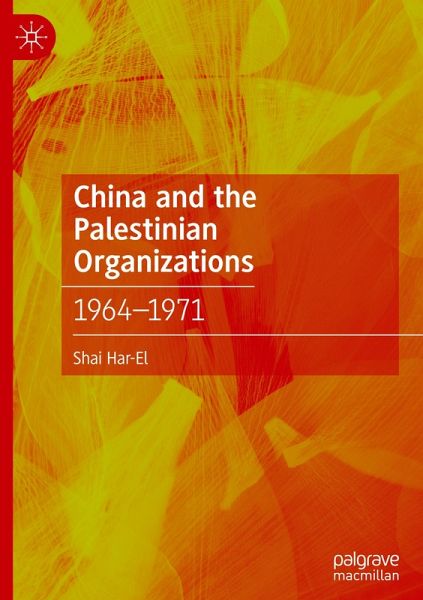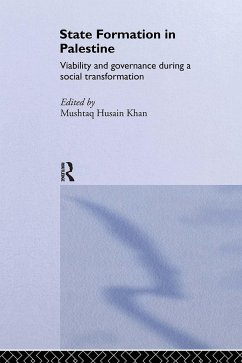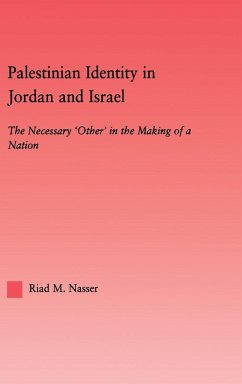
China and the Palestinian Organizations
1964-1971

PAYBACK Punkte
42 °P sammeln!
This book explores the relations between China and the Palestinian organizations and their development during the period of 1964-1971. It serves as a case study for understanding China's relations with the Arab world, the superpowers' competition in the Middle East, and the Arab-Israeli conflict in general. It offers a compelling retrospective on a critical period at a time when the contours of power and peace in the Middle East have shifted dramatically. Highlighting the importance of building bridges of understanding and reconciliation across the Middle East divides, it draws on the author's...
This book explores the relations between China and the Palestinian organizations and their development during the period of 1964-1971. It serves as a case study for understanding China's relations with the Arab world, the superpowers' competition in the Middle East, and the Arab-Israeli conflict in general. It offers a compelling retrospective on a critical period at a time when the contours of power and peace in the Middle East have shifted dramatically. Highlighting the importance of building bridges of understanding and reconciliation across the Middle East divides, it draws on the author's long experience of study, research, speaking, and writing about the Arab-Israeli conflict and Jewish-Muslim reconciliation.












